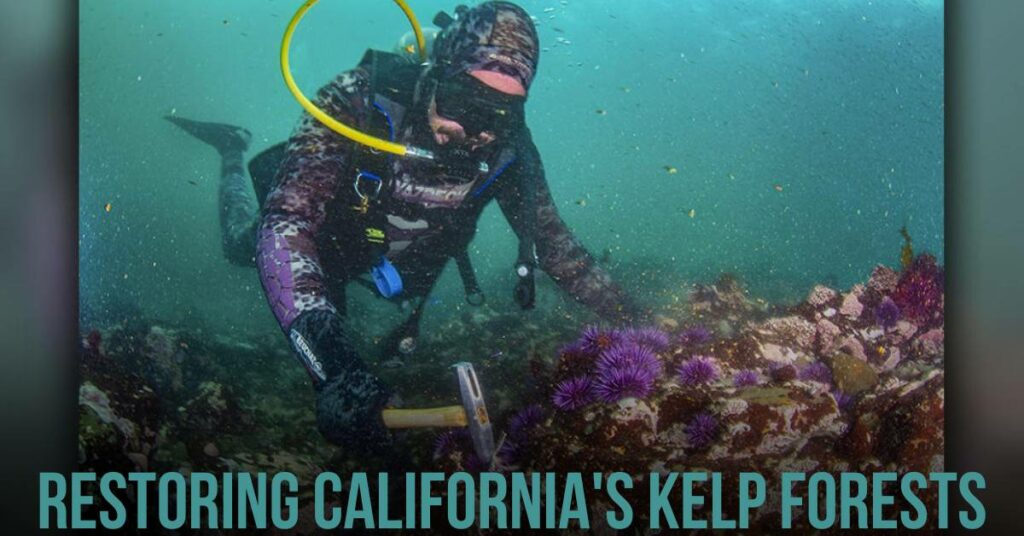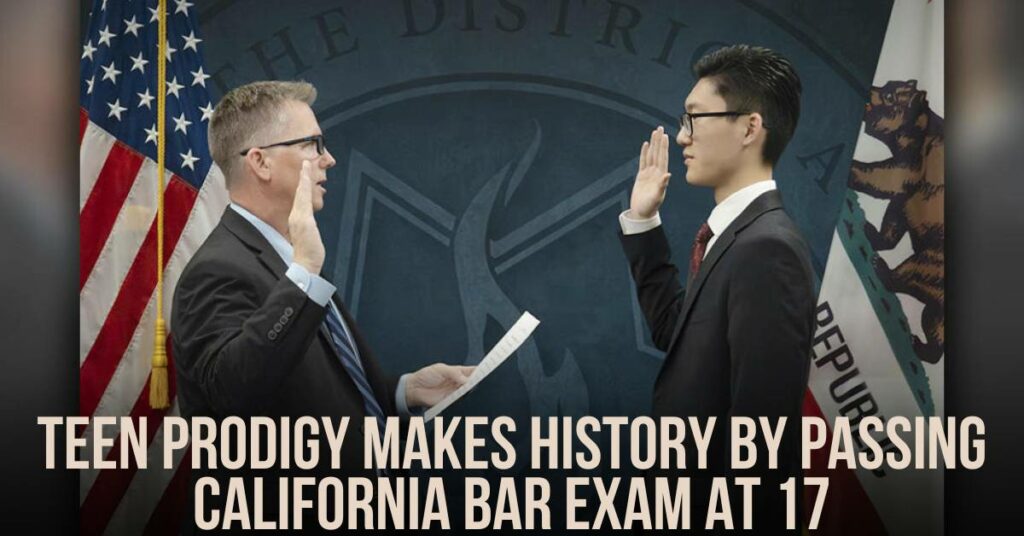A recent analysis has revealed that at least 20 board members at California public universities have direct ties to the fossil fuel industry, sparking criticism from climate advocates both on and off campus.
While some California universities have made strides in divesting from fossil fuels, these ties indicate that the influence of the oil and gas sector still lingers within academia. This article explores the findings of this analysis, shedding light on the implications for universities, their research, and the fight against climate change.
Fossil Fuel Industry Ties on University Boards
The analysis discovered that board members with connections to the fossil fuel industry are prevalent across California’s public universities. These ties include current and former oil and gas executives, presidents, lobbyists, and others linked to the sector. Notable examples include former Chevron CEO John S Watson and Stephen Strachan, former head of Strachan Exploration Corporation, both holding positions on university boards.
Influence on Academia and Beyond
Critics argue that these board memberships are a form of “infiltration” by the fossil fuel industry into academia, impacting research priorities, and policies, and even influencing policymakers. While some universities and firms have defended their positions, activists contend that industry figures do indeed wield substantial influence in guiding the direction of universities.
Impact on Climate and Research
Despite some universities’ commitment to addressing climate change, maintaining ties with the fossil fuel industry raises concerns. Collaborations and funding from such companies may compromise the integrity of climate research and perpetuate the status quo. Activists believe that these ties prevent the necessary transition away from fossil fuels.
Calls for Change
Climate advocates argue that corporate board members should be replaced with individuals most affected by fossil fuel pollution and the climate crisis. There is growing pressure to sever these connections and prioritize a transition to cleaner, more sustainable practices.
Conclusion
The revelation of fossil fuel ties among board members at California public universities highlights the persistent influence of the oil and gas sector within academia. While universities have taken steps towards divestment, it is evident that the battle against climate change requires a closer examination of these connections and a commitment to aligning academic pursuits with environmental goals.




